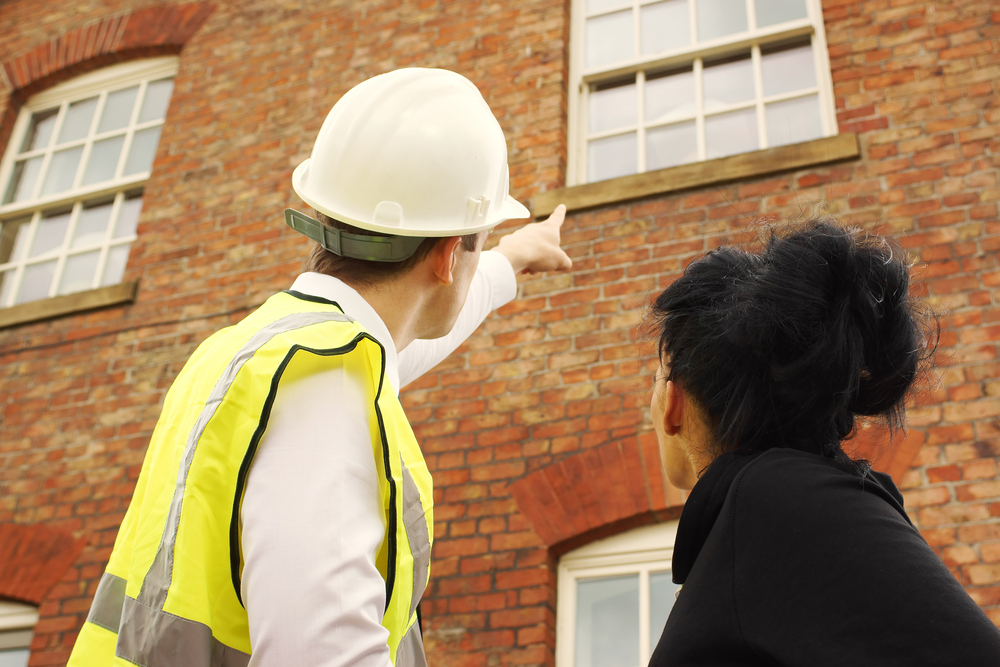Is it worth getting a survey on the house we are buying? I've heard they are full of caveats and expensive, and don't I get a survey included with my mortgage valuation anyway?
Reader Question:
Is it worth getting a survey on the house we are buying? I’ve heard they are full of caveats and expensive, and don’t I get a survey included with my mortgage valuation anyway?
Answer:
By Paula Higgins, chief executive, Homeowners Alliance
 Your question is one we hear from many of our members, and it’s not difficult to see why.
Your question is one we hear from many of our members, and it’s not difficult to see why.
When you’re buying a house, you’re already having to cough up a small fortune, from legal fees to Stamp Duty and moving costs. The last things you want is another outlay. Why pay for something that you are not required to have when money is already tight?
However, paying out for a survey now can save you an awful lot of money in the long run.
Let me start by answering the final part of your question. No, a survey is not included with the mortgage valuation. This is a common misconception. A mortgage valuation is not a survey. It is simply a cursory look at the property by an appointed valuer to check out how much it is worth and to highlight any major issues or jobs that need doing that may affect the property’s value. It is performed for the benefit of the mortgage lender, not the buyer (although the responsibility for paying for it falls on you, unfortunately!).
A survey, on the other hand, involves a more detailed inspection of the property by a qualified surveyor and allows buyers to be made aware of any faults that they have not noticed.
Types of survey
There are several types of survey, including a Home Condition Report, which is the most basic survey you can get, a more detailed Homebuyers Report and a Buildings Survey – which is a good idea if you’re buying an older or more unique house. Most surveys are offered by the Royal Institute of Chartered Surveyors (RICS) although you can also get a Home Condition Survey which is offered by the Residential Property Surveyors Association (RPSA)
Surveys can be really useful and for first-time buyers especially can offer much needed reassurance. With the information from the survey, you might reconsider whether to buy the house or try and renegotiate the price so you can do the necessary work highlighted by the surveyor. Alternatively, you might ask the seller to fix the problems before you buy it.
That being said, not all surveys seem good value for money. You may find that the surveyor doesn’t go into enough detail or offers a very vague overview of the house (“What do you mean I might have a damp problem?!”)
To get the most out of your survey walk through the house with your surveyor – make sure they look at everything, move furniture and peer out of windows. And remember to ask questions – point out things that worry you and ask about them.
And of course, choose wisely when appointing a surveyor in the first place. Ask family and friends for recommendations and look up reviews and references. You can compare surveyors in your area with our free to use tool.














